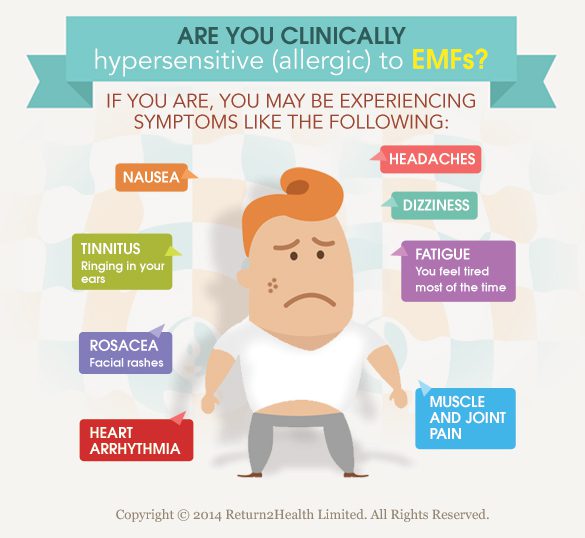The sensitivity to electromagnetic fields (EMF sensitive) is a condition in which the person is afflicted with a severe sensitive to electromagnetic fields around him. This condition is not limited to environments in which there is no electrical current, but can affect people who have an open circuit or who are subject to magnetic fields over prolonged durations of time. The Environmental Health Center-Dallas is well-versed in the factors that cause EMF sensitivity, and is able to assist patients with their symptoms. The center is able to conduct tests to determine if someone is vulnerable to EMF exposure. This can be done with new technology that measures heart rate variation.
I.E.-EMF sensitivity is a sign of exposure to electromagnetic fields
Electromagnetic contamination and the generated electromagnetic fields have been implicated in the onset of many of diseases. The signs are usually difficult to detect, and some people have reported a range of symptoms. They could be the result of pre-existing health conditions or as a reaction to stress due to the possibility of exposure to large amounts radiation fields. Whatever the reason the symptoms can be debilitating for those who suffer from these. However the fact that scientists are not certain of the extent to which the IEI-EMF sensitivity syndrome and the extent to which it is widespread.
It is not a symptom of electrohypersensitivity
While the symptoms of electrohypersensitivity and EMF sensitivity are similar, there are some key differences. Electromagnetic hypersensitivity is frequently misunderstood, and symptoms can differ widely. It is essential to obtain the right diagnosis to know the causes behind the condition and the possible treatments.
It isn't a symptom of EHS
Although EMF sensitivities are not a defining characteristic of EHS however, it is frequently associated with the disorder. Some studies suggest that the condition is related to genetics and environmental factors rather than a specific physical condition. Despite this, more research is needed to draw definitive conclusions.
It can be confusing
The symptoms of EMF sensitivities can be confusing. Most EHS sufferers do not believe that their symptoms are due to a specific source. They seek medical treatment however are unable to get a definitive diagnosis. This raises suspicions that they may have some sort of mental disorder which can cause an increasing feeling of helplessness and anxiety.
It can be scary

The effects of electromagnetic fields, or EMFs are often frightening. People have reported unpleasant symptoms when exposed to these fields, which are produced by devices like Wi-Fi routers and mobile phones. The symptoms can range in severity, and in extreme cases, individuals are forced to stay away from electric devices and fluorescent lighting. In extreme cases, people might even be forced to leave modern society altogether and live in isolated communities referred to as "EMF-free zones".
emf sensitivity symptoms may aid in production of melatonin.
One of the most important hormones in the body Melatonin is a hormone that is produced in the pineal gland. It is implicated in many physiological functions, including circadian rhythm regulation. However, its role as a protection factor against non-ionizing electromagnetic fields has been challenged, largely due to inconsistency in results from different studies. To date, our understanding of this hormone's protection mechanisms is largely based upon our knowledge of the mechanism through which it works to protect your body from the oxidative stress caused by exposure to RF/ELF.
It can aid with changes to the autonomic nervous systems.
Several studies show that EMF sensitivity can affect the autonomic nervous system. Patients with the condition can have altered autonomic responses and may experience digestive issues. There are electromagnetic hypersensitivity symptoms who have trouble digesting food properly , or pass out when they eat a smaller amount. Others may experience changes in their body temperature , and suffer from heat intolerance. electromagnetic hypersensitivity symptoms are typically related to other health issues, such as diabetes.
